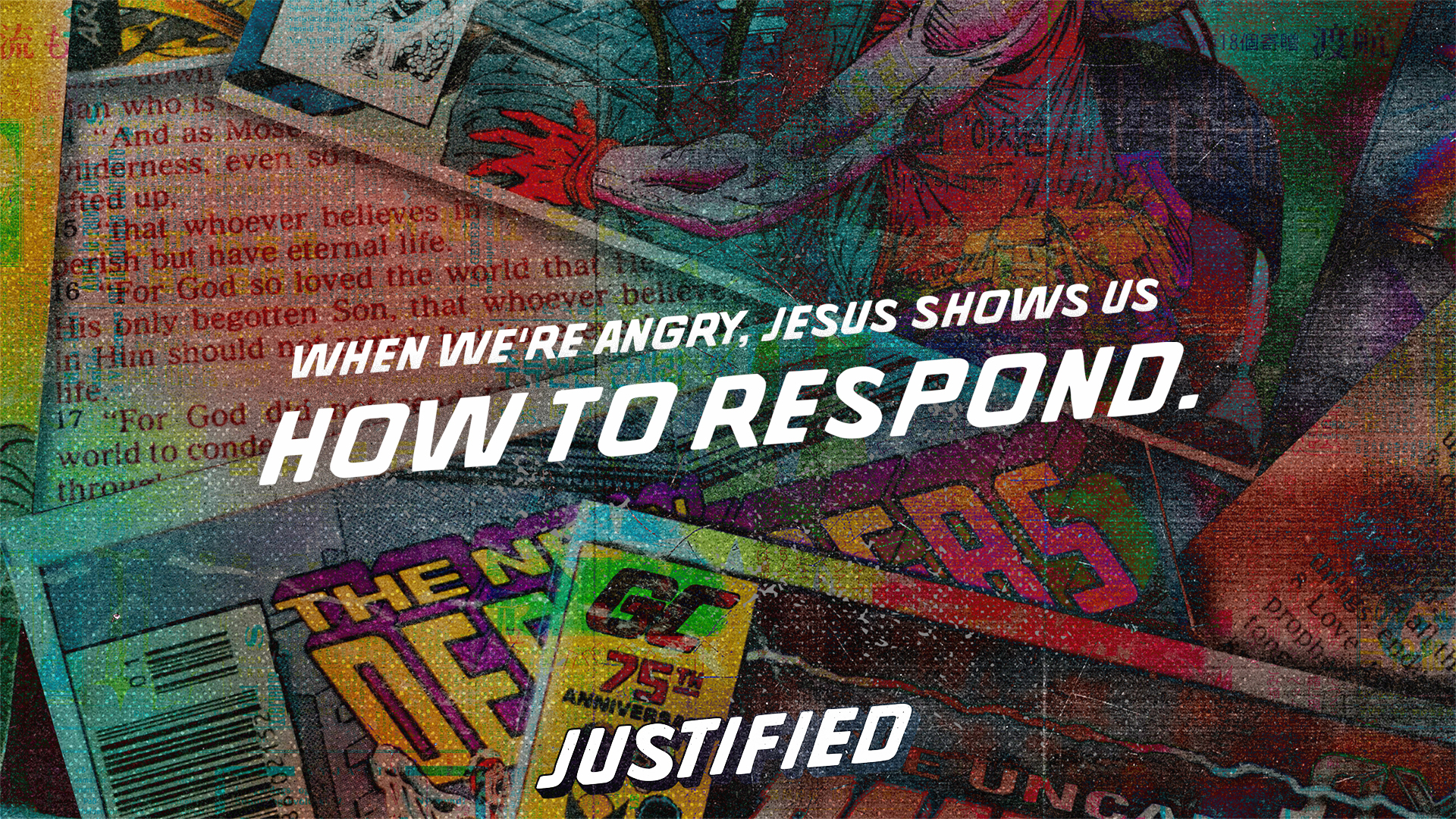JustifiedChikamu


According to the United Nations, around 18.5 million men, women, and children have been kicked out of their homes in Latin America and the Caribbean. Some of them have had to flee their homes because of war and violence, others because they were being persecuted for their race or their religion. Some fled to protect their children from being sold into slavery, and others because climate change had gotten so bad in their area that they couldn't even live there anymore.
When people leave their homes because they can't stay there anymore, it's called being displaced. There have never been more displaced people in the world than there are right now. More than 100 million people are currently displaced — that's roughly one out of every 78 people in the world. Some of them try to move to new countries and find a home there. Some move to vast refugee camps.
In Matthew 25:31–40, Jesus says that whenever the disciples help the poor, feed the hungry, or visit people in jail, they're actually taking care of him. In some way we don't totally understand, Jesus literally identifies with what he calls "the least of these" — the people most in need.
So when we hear stories about people facing injustice, it's important to remember that Jesus is right there with them — among them. He's on their side. And if the millions of people being displaced makes you mad, know that you're also getting mad on behalf of Jesus.
Rugwaro
Zvinechekuita neHurongwa uhu

For the next four weeks, we’ll explore four passages of Scripture from both the Old and New Testaments that might challenge our view on anger. We’ll learn practical skills like when we feel angry, pause to ask God why. We’ll see how, when we’re angry, Jesus shows us how to respond. And in our anger, we'll be challenged to show grace and not get hurtful.
More









